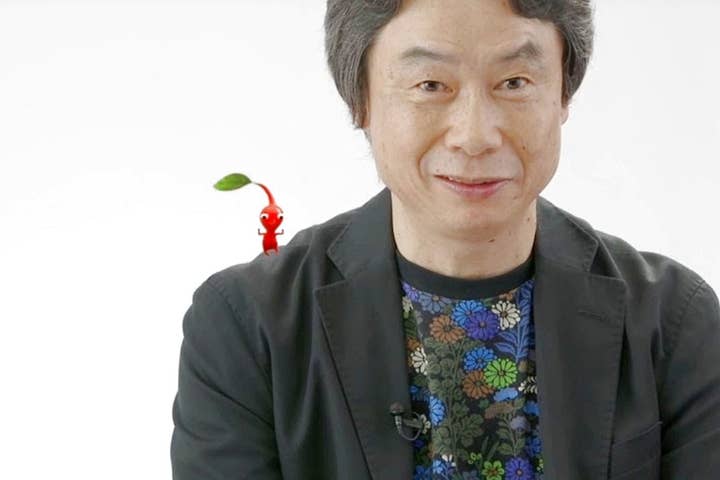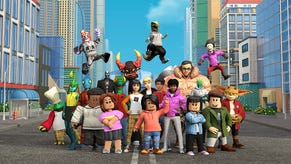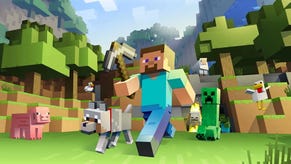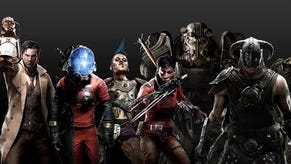Miyamoto: Other games companies are "boring"
Business sense doesn't necessarily make magic, says Nintendo's guru
Shigeru Miyamoto has called other games companies "boring" in an interview, allowing that what they're doing might make sound business sense, but arguing that there's more to the medium.
Speaking to the Telegraph, Miyamoto expressed his concerns that the ideas which resonate in the boardroom aren't the things which made games special in the first place.
"What the other companies are doing makes business sense, but it's boring," he told the paper. "The same games appear on every system. At Nintendo we want an environment where game creators can collaborate and think of ideas for games that could have never happened before."
Critics may point out that, although Nintendo's games don't appear elsewhere, they're certainly not short of repeated iterations of the same IPs. Nonetheless, as the performance of games such as Mario Kart 8 can attest to, sometimes that works just fine.
Miyamoto was speaking to press as part of an event to promote three short films he's made, each focused on a Herculean task writ small, as performed by Captain Olimar and the army of Pikmin he commands - Miyamoto's own inventions. The creator isn't about to switch mediums, however - he still sees games as the best vehicles for the experiences he wants to convey to his audience.
"I have never thought of games as a means of storytelling. So while many people have approached me in the past and said 'why don't you make a movie?', I had never been interested."
In fact, for a man with such a vast and wide-ranging influence over his chosen medium, Miyamoto dislikes the idea of being considered as an auteur. Instead, he feels that a proscriptive approach to game making misses the point, hinting that he may even see it as an ego-centric pursuit - perhaps giving further insight into his reluctance to enter the world of film direction.
"These younger game creators, they want to be recognised," he believes. "They want to tell stories that will touch people's hearts. And while I understand that desire, the trend worries me. It should be the experience, that is touching. What I strive for is to make the person playing the game the director. All I do is help them feel that, by playing, they're creating something that only they could create.
"When you play a game, one moment you're just controlling it and then suddenly you feel you're in its world. And that's something you cannot experience through film or literature. It's a completely unique experience."









